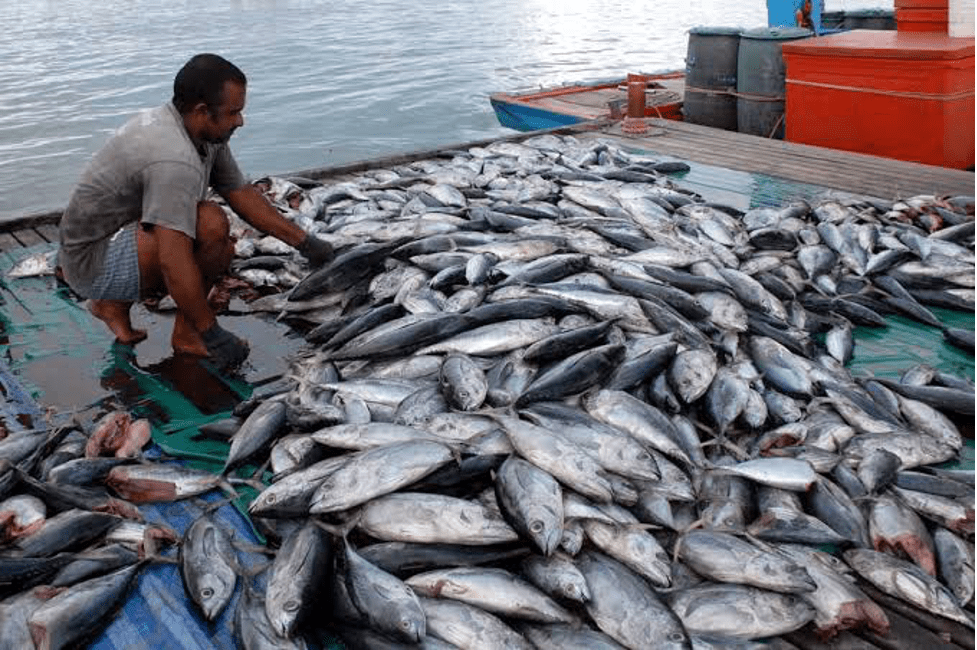South Papua, with its extensive coastline and waters rich in marine resources, has great potential for developing a fisheries industry. The abundant marine resources, including fish, shrimp, crabs, and other marine life, offer a great opportunity to improve the local economy and community welfare. However, like other sectors, the fisheries industry in South Papua also faces various challenges that need to be overcome to optimize its potential.
Prospects for Fisheries Industry Development in South Papua
South Papua has a rich marine ecosystem with various types of fish and other marine products. The relatively untouched waters and unspoiled environmental conditions make this area ideal for the development of capture fisheries and aquaculture.
Domestic and international demand for fishery products continues to increase. Fishery products from South Papua, such as tuna, shrimp, and seaweed, have high economic value and wide market potential, both domestically and abroad.
The Indonesian government through the Ministry of Maritime Affairs and Fisheries pays special attention to the development of the fisheries sector in Papua. Various programs and policies, such as the development of fisheries infrastructure and the provision of technical and financial assistance, have been launched to support fishermen and fisheries entrepreneurs.
The adoption of modern technology in the process of catching, processing, and distributing fishery products can increase efficiency and productivity. The use of technologies such as modern refrigeration systems, environmentally friendly fishing gear, and advanced aquaculture techniques can help improve the quality and quantity of production.
Lack of infrastructure such as ports, fish landing sites, and adequate storage facilities is one of the main obstacles. Poor road conditions also make it difficult to distribute catches to markets.
Overfishing and the use of environmentally destructive fishing gear are still serious problems. These unsustainable fishing practices threaten the sustainability of marine resources and aquatic ecosystems.
Fishermen and fisheries entrepreneurs often face difficulties in accessing markets and obtaining financing. Lack of market information and limited access to financial institutions hinder fisheries business development.
Many fishers still use traditional methods and lack skills in using modern technology. Lack of training and education is an obstacle in improving productivity and quality of catch.
The government and private sector need to invest in fisheries infrastructure development, including ports, storage facilities, and transportation. Improved infrastructure will help streamline the distribution process and reduce post-harvest losses.
Promotion and implementation of sustainable fishing practices are essential. The use of environmentally friendly fishing gear and setting fishing quotas can help maintain the sustainability of marine resources.
Providing better market information and developing financing programs that are more accessible to fishermen and fisheries entrepreneurs can improve the competitiveness of South Papua’s fisheries products. The establishment of fisher cooperatives could also be a solution to address market access and financing issues.
Training programs for fishermen and fisheries entrepreneurs on efficient fishing techniques, the use of modern technology, and business management need to be improved. Cooperation with educational and research institutions can help in the transfer of technology and knowledge.
The development of the fishing industry in South Papua has very bright prospects with the potential for abundant marine resources and support from the government. However, to achieve maximum potential, various challenges such as inadequate infrastructure, unsustainable fishing practices, and limited access to markets and financing need to be overcome. With the right strategy and good cooperation between the government, the community, and the private sector, South Papua can become the center of a highly competitive fishing industry at the national and international levels.


